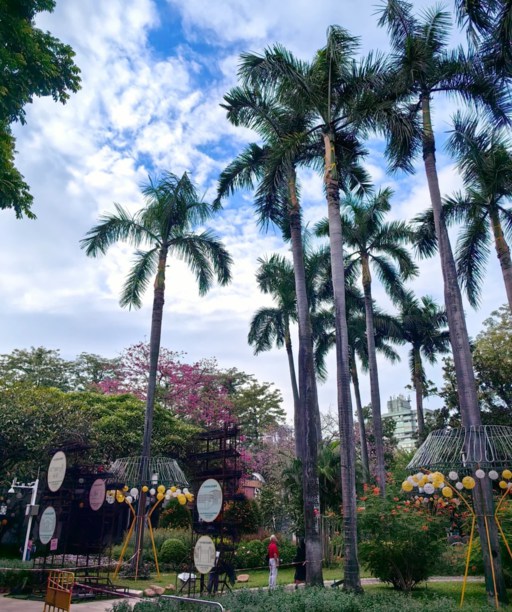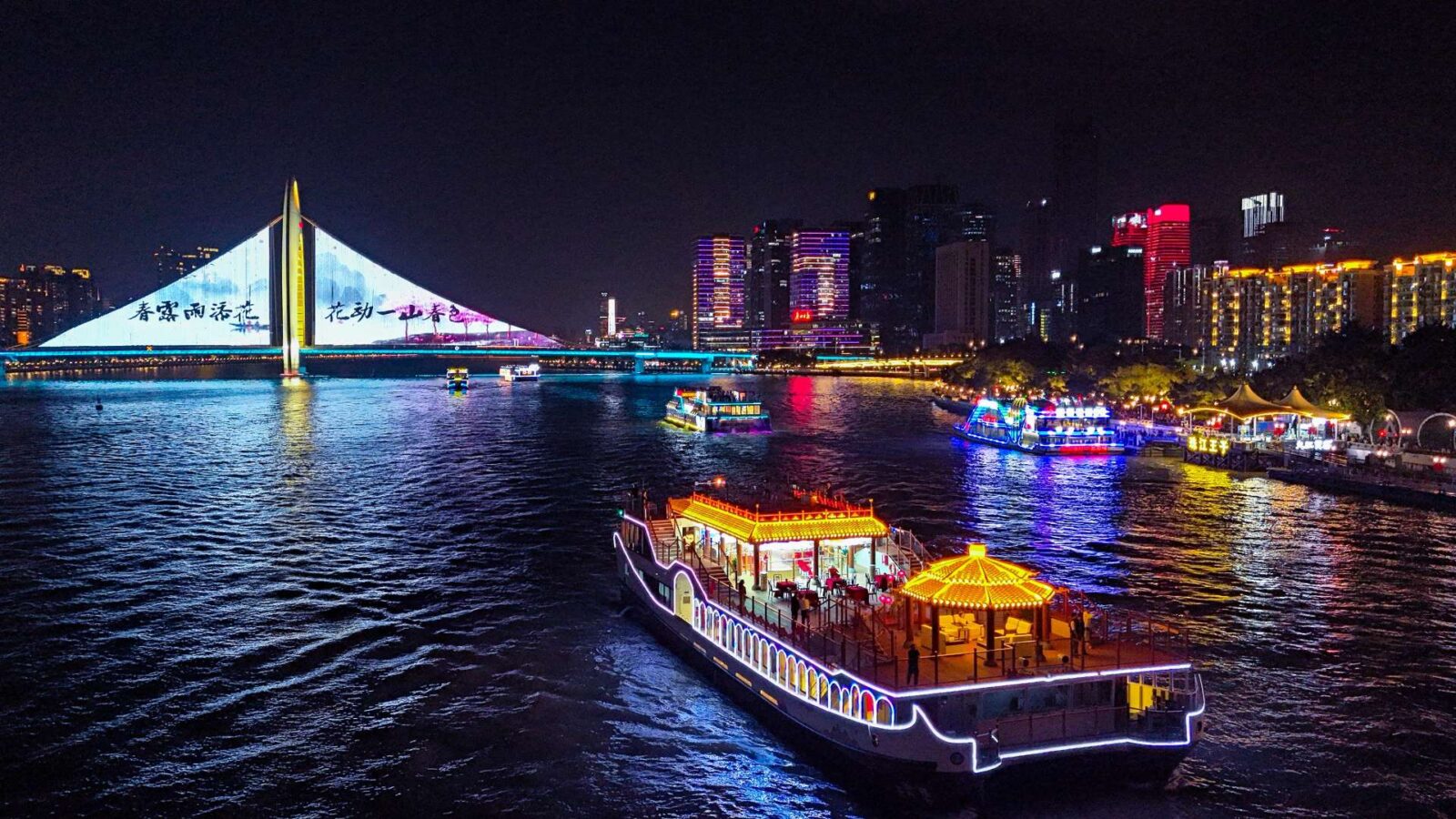Lately, Guangdong’s headlines have been dominated by one phrase: chikungunya fever guangdong. It’s a mosquito-borne illness that’s sparked a spike in reported cases, especially in certain cities along the Pearl River. Life here hasn’t stopped, but the public health push is in full swing. Before you land in southern China, you might want to know what’s behind the headlines.
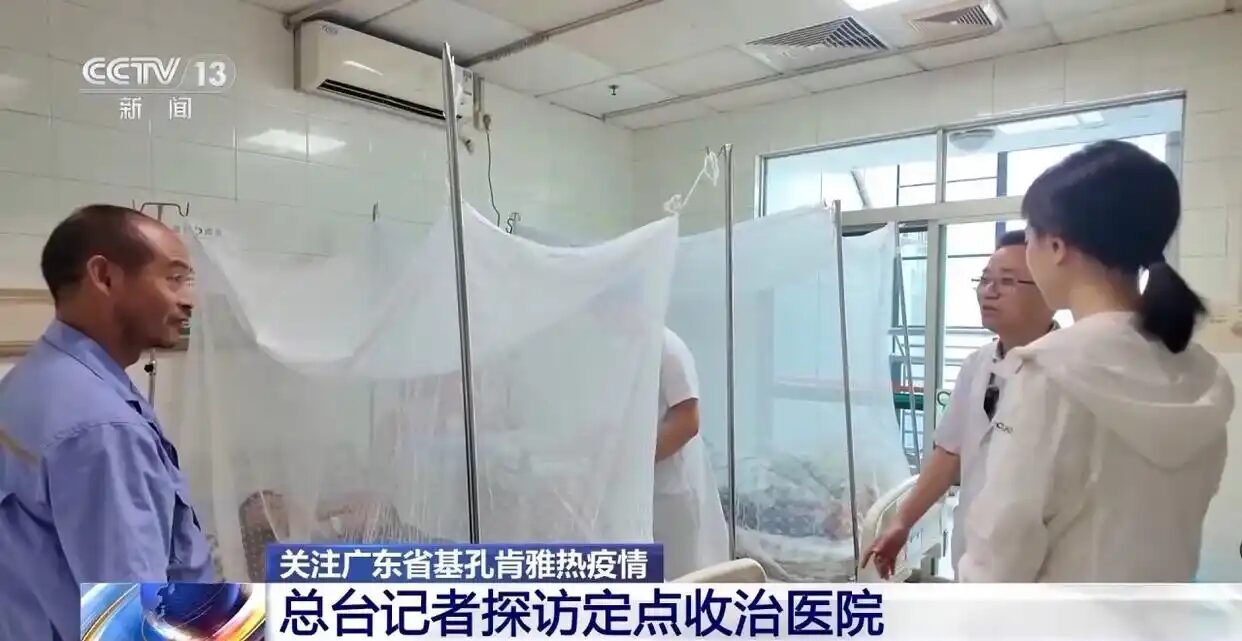
Guangdong Chikungunya Fever Prevention and Control Measures
Guangdong Outbreak and Official Information Update
In late July 2025, chikungunya fever guangdong became a headline concern.The numbers jumped—2,940 new local cases in just seven days—and most of them trace back to Foshan’s Shunde District. You walk through Shunde now and you’ll hear it in small talk at tea shops: “So-and-so’s cousin got tested,” “They’re using drones to find puddles.” Other cities—Guangzhou, Zhongshan, even Shenzhen—have a few cases too, enough to make people check the news more often.
The official word is still oddly reassuring: no severe cases, no deaths, and over 3,200 people already recovered. But prevention drives are everywhere. Trucks spraying a fine mist down side streets, property managers poking around flowerpots for water, and those buzzing little drones hovering over rooftops. If you want the straight facts, the Guangdong Provincial Health Commission site posts daily updates, plus the CDC’s own alerts. Just be ready—they’re not always in perfect English, but the numbers are there, plain as day. And right now, that’s what people are watching.
What is Chikungunya Fever
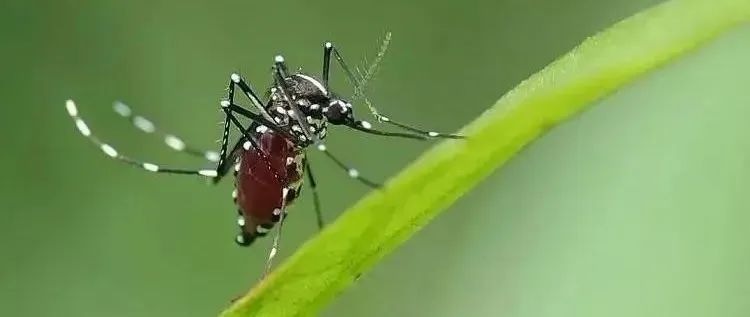
Aedes Mosquito
If you’ve been following the chikungunya fever guangdong updates, you’ve probably seen the name and thought—what even is that? It doesn’t sound Chinese at all, and that’s because it isn’t. This virus hitched a ride here from overseas, slipping in through travel routes and warmer weather. It’s not some mystery airborne thing—it’s spread the old-fashioned way, by Aedes mosquitoes, those black-and-white striped ones you’ll see darting low near puddles or in shady corners.
People compare it to dengue, and they’re not wrong. The early signs—fever, rash, general aches—can fool anyone into thinking it’s dengue. But the giveaway? Joint pain. And not the “oh, I’m sore” kind—more like a deep, persistent ache that makes you slow down, shuffle a bit. In some cases, folks say their wrists or ankles still felt stiff weeks after the fever broke. It’s not fatal for most, but it can knock you off your plans if you’re here for work or travel. And if you’re in Shunde this summer, that’s reason enough to keep an eye on those little buzzing wings.
Safety Status and Precaution for Foreign Visitors
So here’s the thing—officially, there’s no travel ban on Shunde. Flights are still landing, hotels are open, restaurants buzzing. But if you’ve been tracking the chikungunya fever guangdong updates, you’ll notice most cases are right here in this district. That doesn’t mean it’s unsafe to come, but it does mean you’ll want to be… let’s say, mosquito-aware. Even the locals are pulling out repellents before their evening stroll.
Daytime feels pretty normal—markets in Lecong still busy, the dim sum places packed—but by late afternoon, you’ll see people avoiding the shady riverside paths. It’s not paranoia, just habit. If you’re visiting, you might want to do the same. And yeah, pack your own repellent; you can buy it here, but brands like Off! or Sawyer aren’t as common in the corner shops.
For the latest info, the Guangdong Provincial Health Commission posts case updates and prevention tips online. The English can be hit or miss, but the numbers are there, and they update regularly. Keep that link handy. It’s not about panicking—it’s about knowing when to roll down your sleeves and when to keep them pulled tight.
Personal Protection in Guangdong for Foreign Visitors
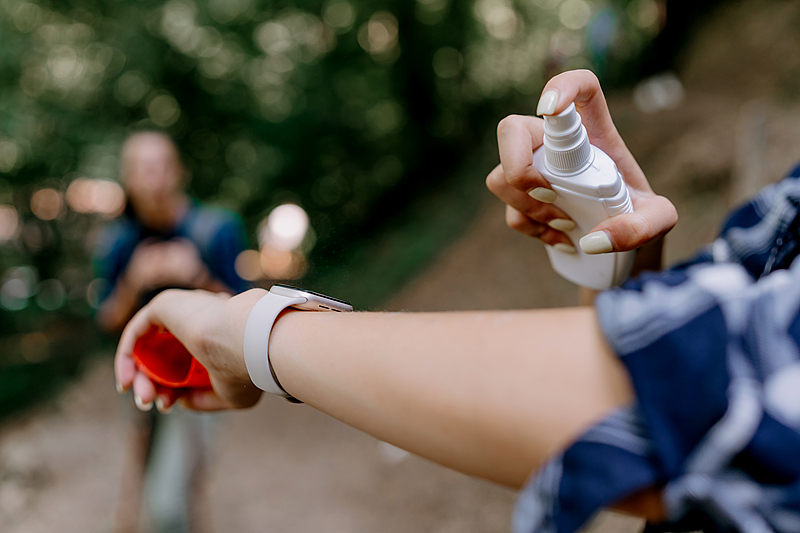
Mosquito Repellent Spray
Packing Smart for Mosquito Safety in Guangdong
If you’re here during the chikungunya fever guangdong wave, your packing list matters more than you think. Sure, you can buy mosquito spray in local supermarkets—there’s even a shelf of them in the big Vanguard store in Shunde—but if you have a brand you trust, bring it. The local stuff works, but the smell can be strong, and some visitors say it fades too quickly in the humidity. Long sleeves and light trousers aren’t just for temples; they keep you off a mosquito’s dinner menu, especially around parks or the quieter side lanes after a rain.
For peace of mind, toss in a portable mosquito net if you’re staying somewhere that isn’t a high-end hotel. Most mid-range hotels here do a decent job with screens and air-con, but you never know when a stray mosquito decides to sneak in. Medicine-wise, paracetamol or ibuprofen will help if you do catch something—locals swear by it for fever or that dull joint ache. Just avoid aspirin; doctors here generally advise against it for mosquito-borne illnesses.
One more thing: airlines and customs can be picky about aerosols. If you’re bringing spray from home, make sure it’s under the allowed size—usually under 100ml for carry-on—and pack it in a zip-lock just in case. The last thing you want is to watch your trusted repellent get binned at airport security. Out here, keeping it in your bag isn’t paranoia; it’s just smart travel.
How to Reduce the Risk of Mosquito-Borne Illness in Guangdong
When it comes to chikungunya fever guangdong, the best defense is cutting off the mosquito’s home turf. Aedes mosquitoes love still water—tiny puddles in a flowerpot tray, rainwater in an old bucket behind the shed, even the forgotten saucer under a balcony plant. Clear them out regularly. Locals in Shunde say they check after every rainstorm; it’s just easier than swatting all summer.
Out and about? Dress smart. Pale, long-sleeved shirts and loose trousers do two things—they keep you cooler under the sun and give mosquitoes fewer chances to bite. A dab of repellent with DEET or picaridin on wrists and ankles helps too. At home, make sure windows have screens. If you’re in an older guesthouse, a mosquito net over the bed can make the difference between a good night’s sleep and hours of restless buzzing.
And if you’re heading to places where dengue and chikungunya are common—think Southeast Asia or parts of Africa—check the local outbreak news before you go. Back in Guangdong, keep an eye on yourself for two weeks after travel. Fever, rash, that deep joint ache? Don’t wait it out. Find a clinic, and tell the doctor where you’ve been. Around here, the doctors take those symptoms seriously. And in this weather, you probably should too.
Useful Contacts for Foreign Visitors in Guangdong During the Chikungunya Fever Outbreak
During the chikungunya fever guangdong period in Guangdong, you may need reliable information or assistance—here are key contacts to keep handy:
Guangdong Provincial Health Commission
Official updates on case numbers, prevention guidelines, and public health announcements.
Website (Chinese): http://wsjkw.gd.gov.cn/
Hotline: +86-20-12320 (Chinese; some operators may speak basic English)China CDC (Chinese Center for Disease Control and Prevention)
National-level public health guidance and disease information.
Website (English): http://www.chinacdc.cn/en/Local CDC in Foshan (Shunde District)
Handles local case tracking, mosquito control measures, and health advice.
Phone: +86-757-2283 1233 (Chinese)Emergency Medical Assistance – 120
For urgent medical help or ambulance service anywhere in China.
Note: English service availability varies; you may want a local contact or hotel staff to assist with the call.Foreign Affairs Office, Guangdong Province
For consular assistance or coordination with embassies.
Phone: +86-20-8121 8114 (office hours)
Save these numbers in your phone and keep your hotel’s front desk contact on speed dial. In many cases, hotel staff can help bridge the language gap when calling hotlines.
Want to explore more of Guangdong’s top travel spots? Check out this guide—and don’t forget to stay safe and mosquito-aware!
Chikungunya fever has seen new developments lately—this guide will get you up to speed.
Frequently Asked Questions (FAQs)
Q: Are mosquito-borne diseases like chikungunya covered by standard travel insurance in Guangdong?
Not always. Many basic travel insurance plans cover emergency medical treatment but may not include illness caused by mosquito-borne diseases unless you add extra coverage. It’s worth checking your policy before traveling. Some insurers require proof of medical consultation and diagnosis from a recognized clinic or hospital in Guangdong to process claims. If mosquito-related illness is not covered, you might have to pay out-of-pocket, which can be costly if hospitalization is needed.
Q: Are there any specific times of day when mosquito activity is higher in Guangdong?
Aedes mosquitoes—the ones that spread chikungunya—are most active during early morning and late afternoon, especially around sunrise and before sunset. However, in warm, humid conditions, they can bite throughout the day. This means using repellent and wearing protective clothing isn’t just for evenings. In shaded, damp areas—like riversides, gardens, and parks—mosquito activity can stay high even at midday.
Q: Are mosquito repellents in Guangdong safe for children and pregnant women?
Most repellents sold in major Guangdong supermarkets and pharmacies meet Chinese safety standards, but always check the active ingredient and concentration. Products with lower DEET concentrations (around 10–20%) or picaridin are generally considered safer for children. Pregnant women should avoid products with unusually high concentrations of chemicals and consult a doctor if unsure. Natural repellents like citronella can offer mild protection, but they fade quickly in humid climates, so reapplication is important.
